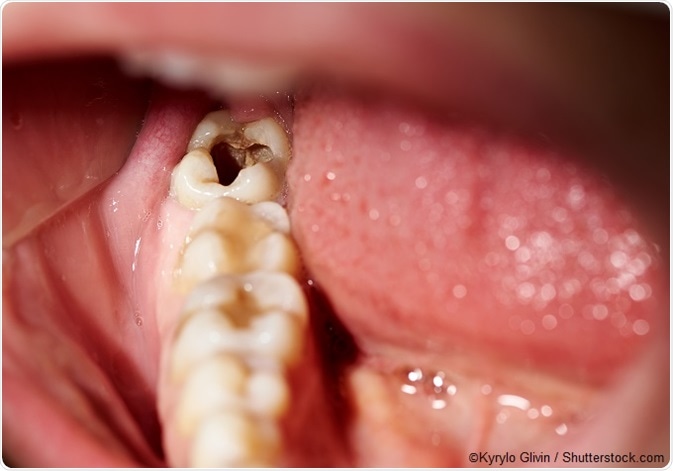Site Under Development, Content Population and SEO, Soft Launch 1st January 2020
Although the early stages of tooth decay are amenable to treatment, the advanced stages may lead to tooth loss along with a host of other complications. The basic tenet for treating tooth decay is therefore early identification of the problem, when the tooth can still be salvaged.

In the early stages of tooth decay, for example, a simple fluoride varnish applied to the affected area may be enough to treat the condition. In addition, lifestyle measures can also be taken that can prevent further decay. In the more advanced stages, where cavities have formed, the decay is removed and the tooth may be filled with a filling or set with a crown. In cases where the inner nerves are exposed and causing severe pain, a root canal treatment is recommended. An excessively damaged tooth may have to be operated on or removed.
Treatment of tooth decay may include:
Tooth decay is one of the most common conditions to affect children and adults worldwide but it is also one of the most easily preventable. Some of the preventive measures for tooth decay include:
Maintaining good oral hygiene
Teeth should be brushed twice daily (once in the morning and once at bedtime) with a fluoride toothpaste. Brushing should follow within at least 30 minutes of eating a meal, especially if it rich in sugar and carbohydrates. Brushing should be thorough, covering all surfaces of the teeth. Mouth rinsing after brushing is discouraged as it washes away the fluoride of the paste. Instead, the excess paste should be spat out. The toothbrush should be replaced on a regular basis (every two to three months) as it may become less effective at removing plaque as it wears out.
Flossing helps to remove plaque and food particles that get stuck between teeth, areas that the toothbrush fails to reach. Flossing at least once a day is recommended.
Mouthwash
Dental mouthwashes, especially ones containing fluoride, can also help prevent tooth decay. However, the mouth should not be rinsed immediately after the mouthwash is used, so as to preserve the fluoride across the teeth.
Diet and lifestyle
Consumption of excess sugary foods, fizzy drinks, and chocolates, for example, can accelerate tooth decay. Smoking is also associated with tooth decay. Diet and lifestyle changes along with good oral hygiene can keep tooth decay at bay.
Regular dental checkups
Adults should have at least one dental check-up every two years. Those under 18 years of age need annual check-ups while younger children benefit from check-ups every 4 to 6 months.